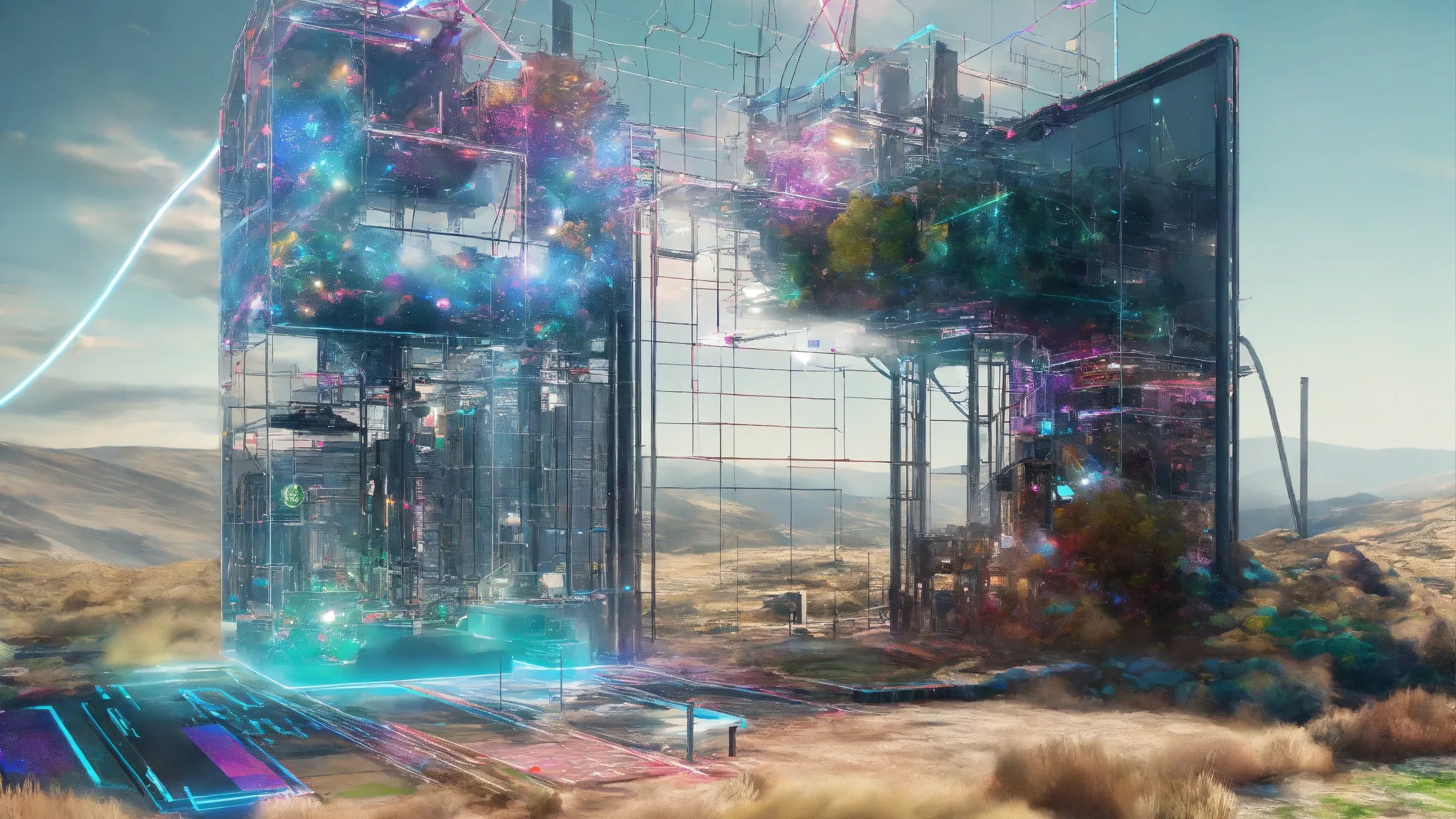The Future of Generative AI in 2026
Generative intelligence refers to the ability of artificial systems to create novel and meaningful content, ideas, or solutions – mirroring aspects of human creativity and reasoning.
In this article, we will discuss the future of generative AI, and some experts will share their vision of what generative AI is for them and in which industries it is in demand in 2026.
Anthony Cammarano, VP of Engineering at Protegrity, notes the following:
“By 2026, generative intelligence will be deeply integrated into the day-to-day operations of industries like healthcare, finance, manufacturing, and retail. In these sectors, proprietary data is both a key asset and a critical risk. These sectors will rely on GenAI to improve decision-making, streamline processes and respond faster to market demands. But none of that progress will be possible without addressing the security challenges that come with it.
The real danger isn’t just data leakage; It’s the illusion of control. GenAI thrives on large volumes of unstructured and sensitive data, which traditional security methods are not equipped to handle. That’s why we need to shift from perimeter-based thinking to data-centric security. A data-centric security model ensures that sensitive information is protected by default, no matter where it flows or who accesses it.
In 2026, the organizations that succeed with GenAI will be those that embed discovery, classification, and policy enforcement directly into AI workflows. They’ll treat data protection not as a barrier to innovation, but as the foundation of it.
The future of GenAI is promising, but it will only be sustainable if innovation and data protection move forward together.”
Mohd Rizwan, a Travelosei Director, expresses his point of view:
“Generative AI is becoming an assistant in decision-making and a dynamic problem-solver. In my mind, the next defining AI technology is going to be context-aware, real-time generation, or AI with the awareness of not only what a user requests, but why, when, and where it is requested. It will evolve beyond text and image generation to multimodal solutions in which data, emotion, and context are merged into intelligent outputs.
If we talk about industries in which generative AI will be in demand, then these are:
Travel & Hospitality
Generative AI will be able to individualize every step of the customer experience, not just to generate itineraries using lifestyle data, but also through live concierge services enabled by natural language understanding. We are already in the process of incorporating the use of AI to create bespoke cultural immersive travel schedules that evolve in situ with the changing requirements of a traveler.
Healthcare
There is likely to be a common application in diagnosis, medical records, and psychological wellness. Generative AI will find application in summarizing or creating content, simulating scenarios of patients, directing treatment, and telemedicine.
Education
Generative AI will be deployed on adaptive learning platforms to create custom learning programs, simulations, and assessments. It will also be instrumental in instructing languages, rationalization, and soft skills through smart dialogue-based learning.
Creative Industries (Gaming, Film, Marketing)
Generative AI will not simply facilitate people, but also will be a co-creator itself, having artists, writers, and developers create complete environments, scripts, characters, and campaigns in a procedural way, making the production process easier and open to everyone.
Enterprise & Customer Support
In legal writing, technical assistance, and in-house training, generative AI will perform low-code knowledge work and retain brand tone and compliance by fine-tuning role-specific models.
In general, generative intelligence in 2026 will not be so much about replacing humans as about enhancing intuition and creativity, in particular, in those industries where personalization, decision-making, and storytelling overlap.”
Allan Hou, Sales Director at TSL Australia, shares his point of view on the development of generative AI in logistics:
“By 2026, AI will significantly transform how logistics companies plan and execute deliveries. Generative AI will be able to analyze vast amounts of data, such as traffic conditions, weather patterns, and real-time shipment information, to predict the best possible delivery routes. This ability will reduce inefficiencies, helping companies cut delivery times by up to 30% and lower fuel consumption. AI will not only optimize the routes but also anticipate potential delays, allowing companies to reroute deliveries proactively, resulting in faster and more reliable services.
AI will also enable logistics companies to improve their fleet management. By continuously learning from operational data, AI will help track vehicle performance, identify maintenance needs in advance, and reduce downtime. This proactive approach will ensure that companies can maintain a more reliable fleet while improving operational efficiency.”
